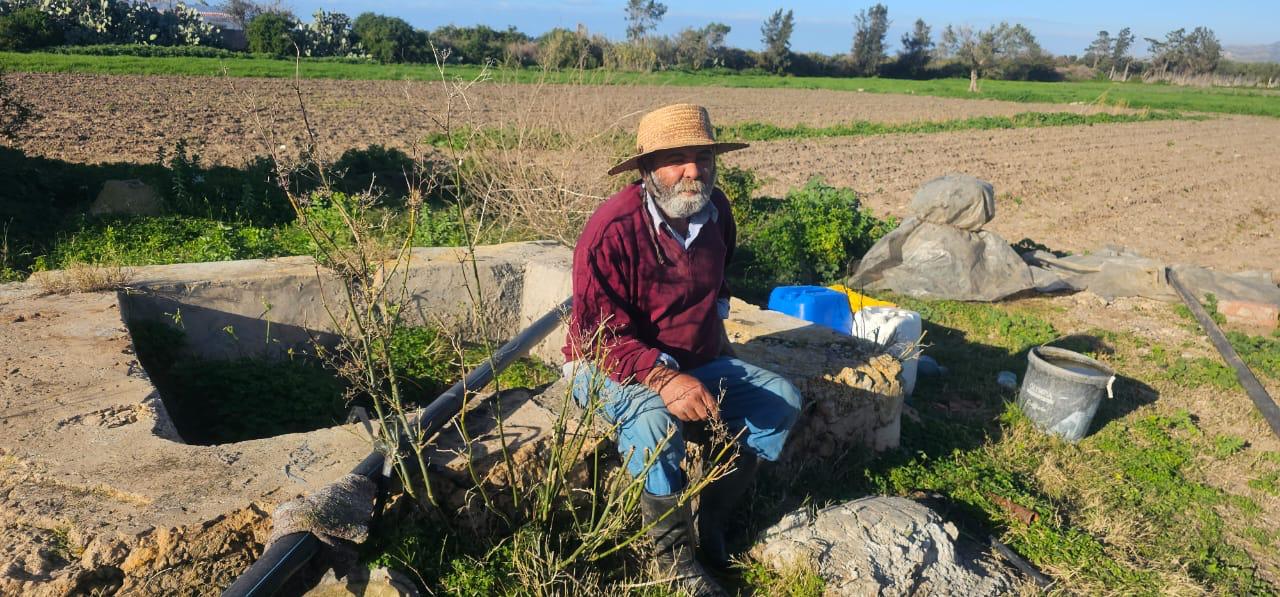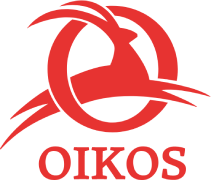RAISE
Conserving water resources and biodiversity through innovative agriculture and sustainable, eco-friendly wastewater treatment techniques

Country
Partner
Finanziato da
Regenerating water, cultivating the future
Just a few kilometers from the city of Soliman, in the heart of Tunisia’s Cap Bon Peninsula, lies the Sebkhet Soliman wetland—an area of extraordinary ecological and social value. This Ramsar site, one of the few that retains water year-round, is a vital refuge for local wildlife and a source of livelihood for the surrounding farming communities. However, this delicate ecosystem is now under threat. Unsustainable water use, intensive farming practices, and escalating environmental degradation are endangering the natural balance and compromising food security for those who depend on this land.
This is where RAISE comes in: a project designed to offer a concrete, innovative response to a crisis that can no longer be ignored.
The goal is twofold: to protect and regenerate the unique ecosystem of Sebkhet Soliman, and to strengthen the capacity of local communities to live in harmony with it.
Regenerative agriculture
We aim to promote a new way of farming—one that respects rather than exploits the land, that uses resources wisely instead of wasting them. We will provide training programmes for farmers to promote sustainable agricultural practices that exclude pesticide use and support biodiversity-friendly techniques. Farmers will be supported in the creation of an Agricultural Development Group—a collaborative tool for sharing resources, reducing costs, and encouraging peer-to-peer exchange of knowledge and innovation.
Water, an essential resource
We will implement phytoremediation systems to naturally treat wastewater, making it suitable for irrigation. This will help reduce dependence on aquifers, protect soil fertility, and preserve the ecosystem. Continuous monitoring of biodiversity will ensure that the environment is not only protected—but actively regenerated.
An informed community is a stronger community
We will bring environmental education into schools, involving students and teachers in activities that build awareness of the links between climate, agriculture, and health. At the same time, we will launch public awareness campaigns to shine a light on the impact of plastic pollution and the crucial importance of wetland ecosystems. Because lasting change begins with knowledge and the engagement of those who live the land every day.
No one left behind
We prioritize the involvement of unemployed youth and vulnerable groups—not just to include them in project activities, but also to create safe spaces for information and dialogue on issues like irregular migration, which are often shaped by fear and misinformation. The environment can—and must—be a tool for social inclusion and a source of concrete hope for the future.
Il progetto in numeri
180k
potabile in Tanzania
22k+
raccolti a Ibo, Mozambico
52k+
in Mozambico e Myanmar
11k+
di educazione nel mondo
200
di attività economiche
in Tz e Myanmar
1700
in Italia
1700
in Italia
52k+
in Mozambico e Myanmar
1700
in Italia
